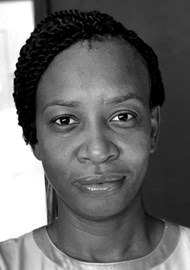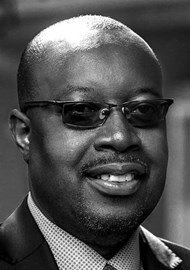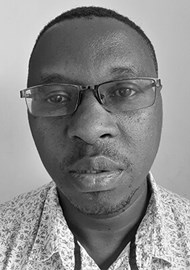In the last issue of ENT & Audiology News, we heard from retired Professor Christopher Prescott on the challenges faced and progress made made locally to address the inequity and inequality of access to ENT and allied health professional services in Southern Africa. This is the second part of the article with the opinion and views of Dr Rachael Hapunda from Zambia, Dr Clemence Chidziva from Zimbabwe and Professor Wakisa Mulwafu from Malawi. It provides an informative local perspective on what sort of help is useful.
One of the biggest hurdles to overcome in the development of new services in less well-developed countries where the population relies almost entirely on state services for healthcare, has been funding for all aspects: provision of facilities where none existed, training of the different levels of healthcare personnel and equipping them to enable service delivery. In these countries personnel costs consume a huge proportion of the healthcare budget, leaving little over for the next biggest item - medication.
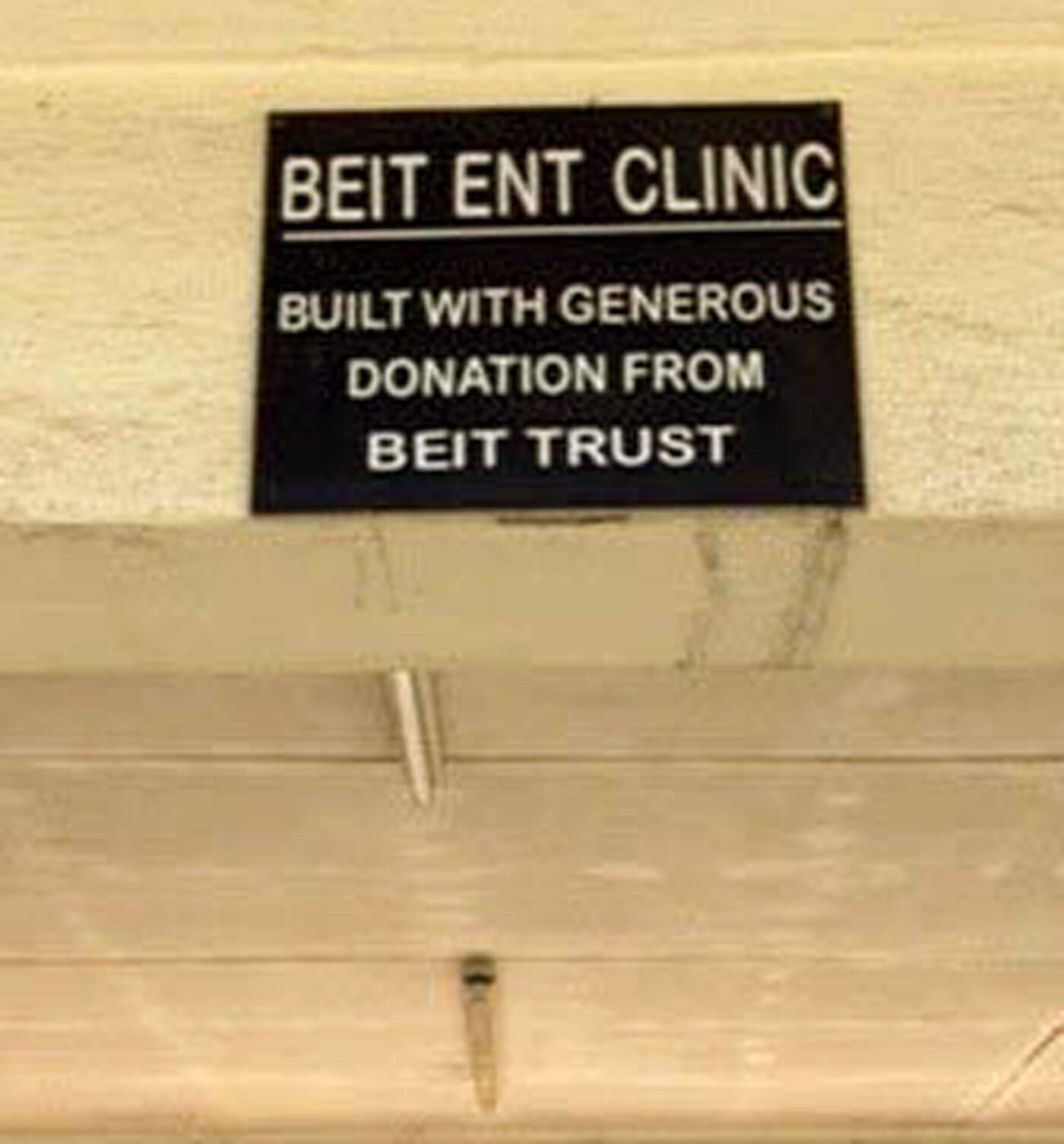
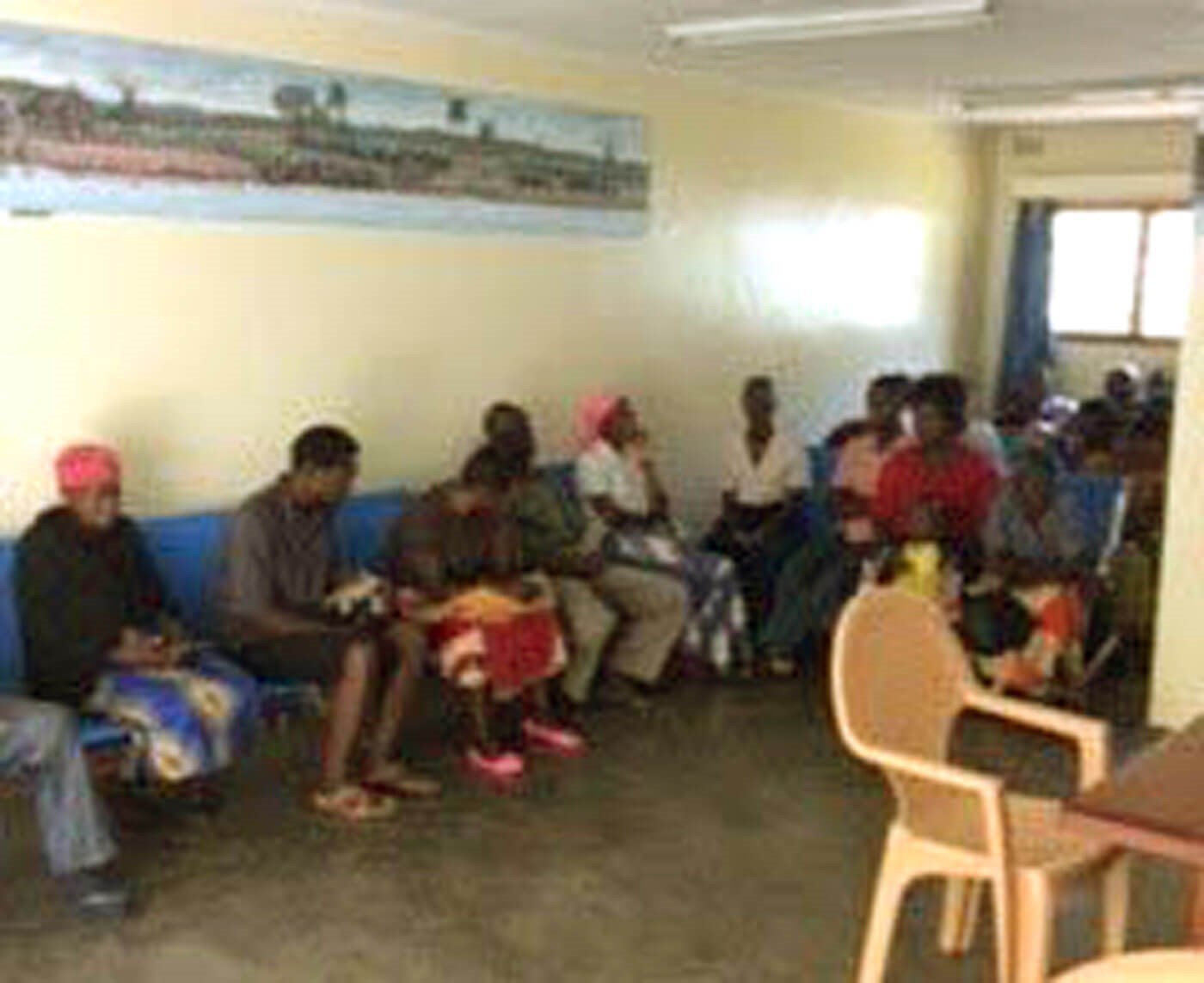
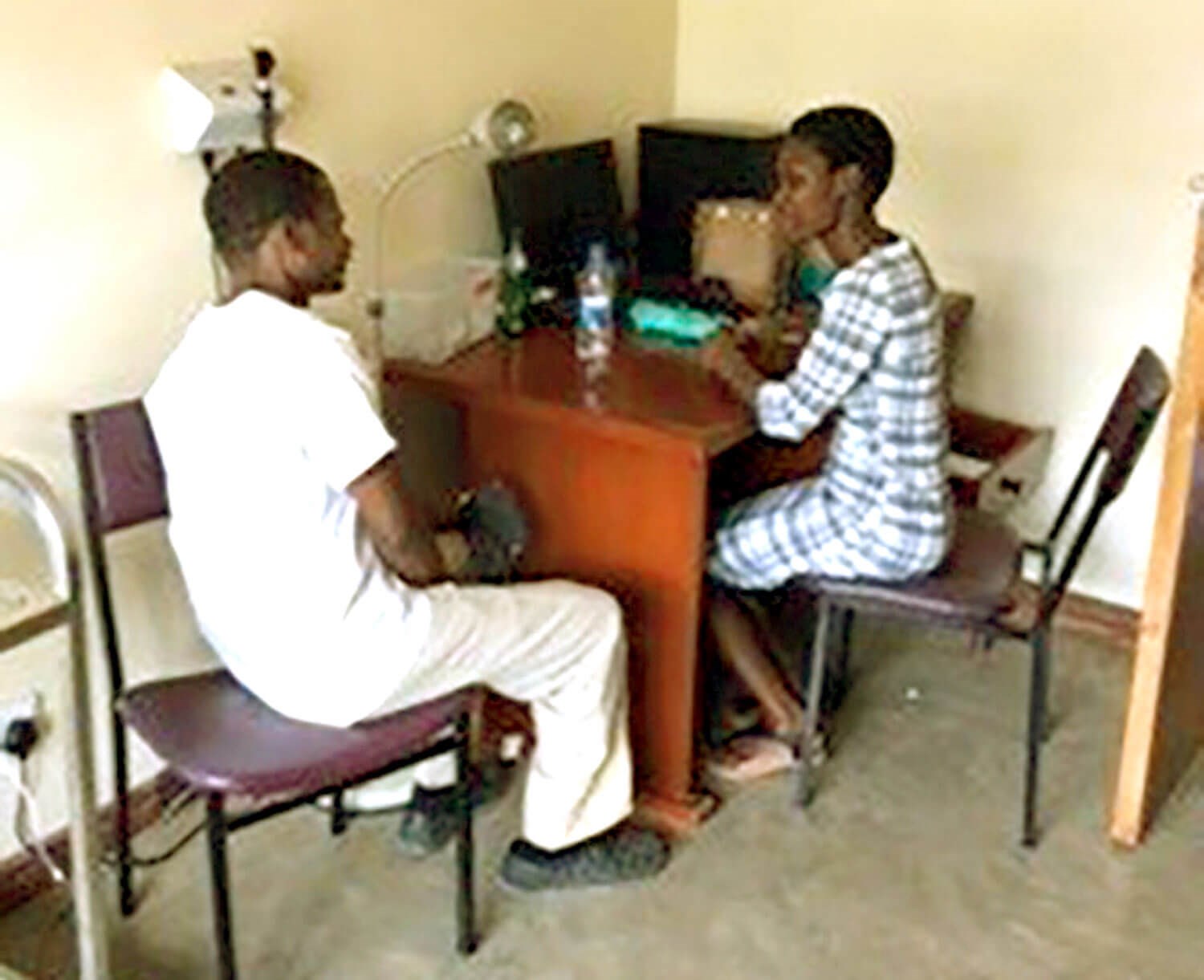
ENT clinic at Queen Elizabeth Hospital in Blantyre, Malawi.
The remainder has to fund the running of hospitals and clinics, emergency events, new and replacement equipment, etc. So, there is little chance of obtaining funding for in-service training and any equipment need this generates from the health budget – especially for specialities that are viewed as low priority – and even less chance for construction of facilities. This explains the dependence on funding from charities and individuals for these things, and very few have any interest in ENT or audiology although, with the push by the World Health Organisation to bring the problem of hearing loss to attention, the latter has had more success. It has been by leveraging the link between hearing problems and ear disease that much of the funding for the development of services in these countries has been achieved.
When viewing the impact of any service delivery development, it is obvious that the greatest impact in these countries will be at the community level. For most of the population, their first – and often their only – point of contact with health services will be at the level of their community clinic. Typically, there are 5000 to 10,000 or more such clinics in these countries (figure out from this the cost of equipping them all for basic ENT service, let alone the cost of staff training). However, as soon as services are developed at this level, there arises an immediate need for referral services to local hospitals and beyond, to specialist services. A recurring question is where to start or where to go next, since it is not possible to train and equip enough personnel at all levels at the same time. It will be well into the future before the sorts of comprehensive services found in developed countries will be available in these countries, and it is obvious that help along the way is going to be essential to reach this goal.
"It needs to be stated that the sort of help so often seen of a ‘mission’ flying in, doing something useful for a few people and then flying out again, is not helpful"

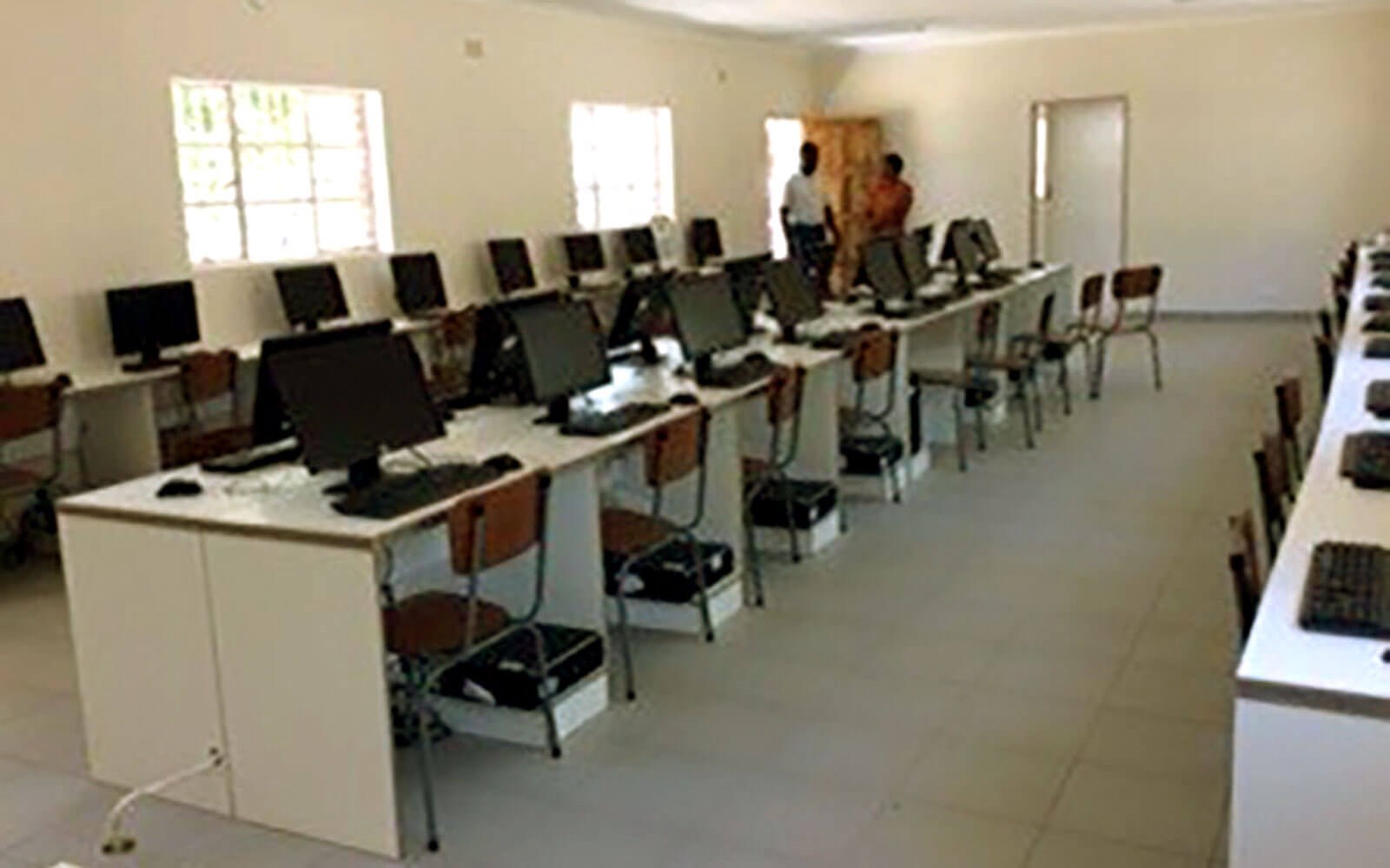
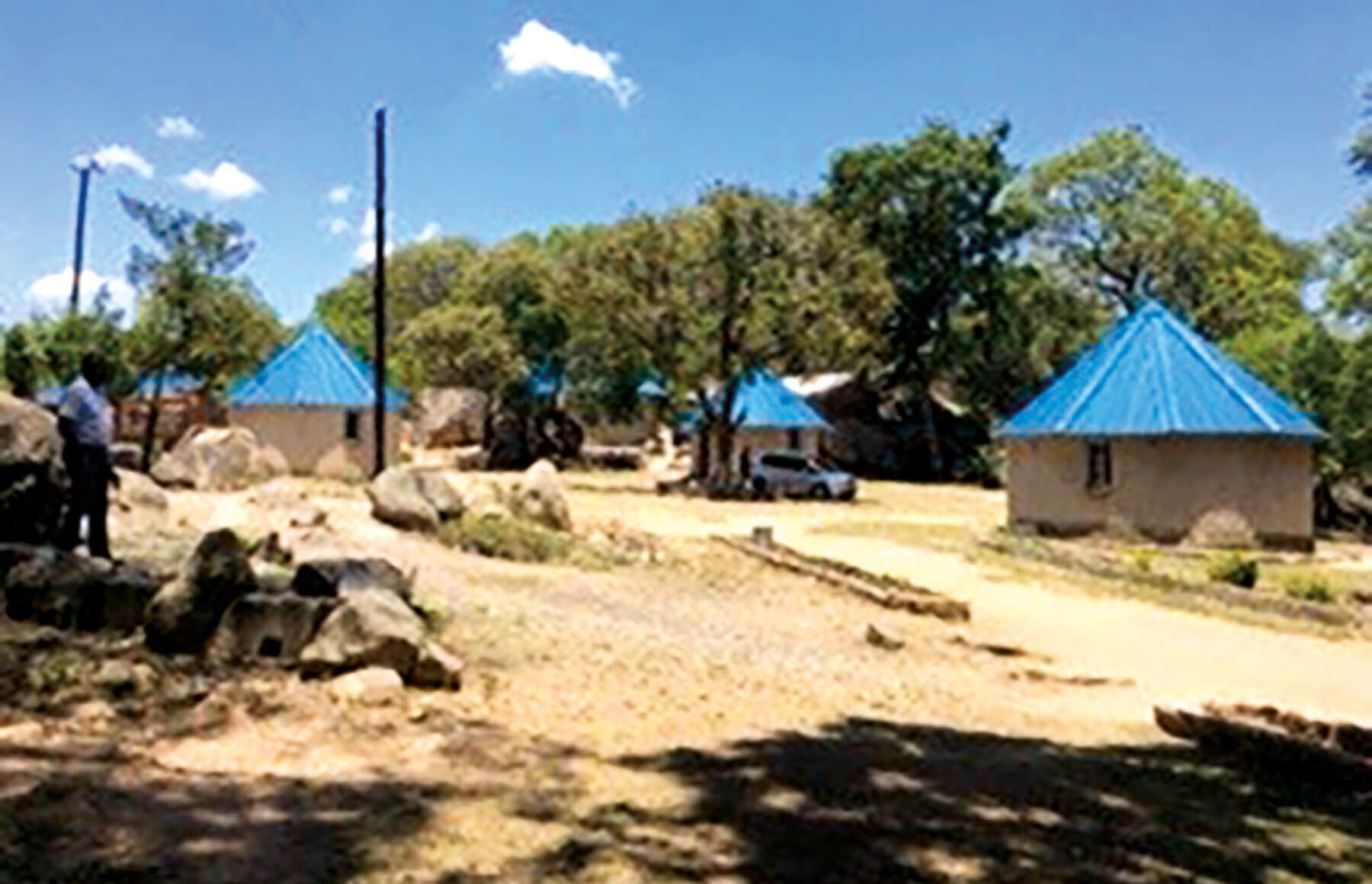
Rural Deaf school at Musami Mission in Zimbabwe.
What sort of help is useful? It needs to be stated that the sort of help so often seen of a ‘mission’ flying in, doing something useful for a few people and then flying out again, is not helpful. There are enough local people who could do the work just as well if they just had the guidance and the equipment to do it. So rather, fly in and train someone local while providing a service and leave behind the equipment when flying out, with a plan to come back to assess what is being done and undertake any refresher training that might be needed.
But having said that, what sorts of help are useful in development?
Research
Data is usually scarce, so research is not just important but often vital to persuade health authorities to assist in development. Local people usually neither have the funding nor the time to do this. Discuss with the local people to determine a useful field, develop a project, raise the funds, go out and undertake or supervise the project – a useful training opportunity – write it up and publish it. Leave behind the equipment afterwards to enable those trained to do further work!
"Outreach is a well proven training method, with not only local personnel present for teaching, but a pool of clinical material (patients receiving diagnosis and treatment) for practical exposure"
Outreach
The best-known outreach events are what are known in many countries as ‘ear camps’. Outreach is a well proven training method, with not only local personnel present for teaching, but a pool of clinical material (patients receiving diagnosis and treatment) for practical exposure. Discuss with the local people to determine a useful location, raise the funds – cost depends not only on locality but also duration – go out and participate. These are perhaps the most enjoyable of all the assistance projects.
Teaching and training
Local specialists are thin on the ground and, as a result, trainees have a somewhat limited range of knowledge, ideas, methods, etc. from which to draw and develop as they progress through training. Outside teaching and demonstration – particularly in person – is something that is hugely welcomed.
Attendance at workshops, conferences, observerships etc.
We all remember how valuable these activities were to us during our training and subsequent professional development. Remember that remuneration in these countries is meagre at best. If you are involved in such an activity, consider an invitation (expenses paid!) to trainees from these countries.
Workshops
To take it up a level, if you organise and run workshops then consider taking your workshop out to these countries and inviting as many participants as possible from the region to participate. Many companies are willing to send out the equipment needed for such workshops at their expense, but fundraising would be required to cover participant expenses.
Mentoring
Exposure to the sophisticated, developed country practice in our specialities is something most trainees from these countries will never experience. Consider mentoring trainees from these countries and bringing them over as observers – or even participants – of both yours and your colleagues’ practice.
Fundraising
Development is totally dependent on funding, whether it be for construction of facilities, equipment or training, etc. Adopt a country or a unit and ensure that whatever will be either the recipient or the channel for funds to that country or unit is legitimate, auditable and trustworthy. Do you have contacts with individuals, foundations, organisations or charities? Work your charm and your powers of persuasion and see what develops. Individual, personal contact is by far the most effective method for raising funds.
References
1. Mulwafu W, Ensink R, Kuper H, Fagan J. Survey of ENT services in sub-Saharan Africa: little progress between 2009 and 2015. Global health action 2017;10(1):1289736.




